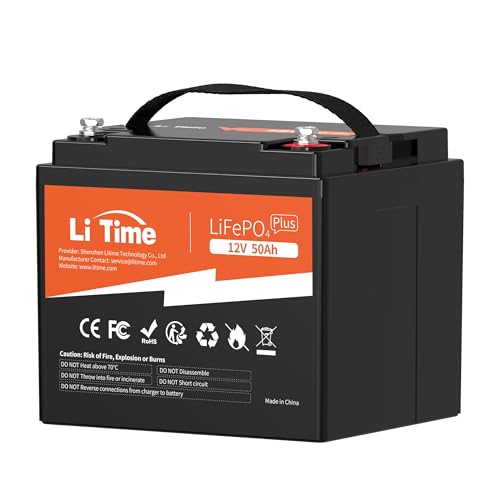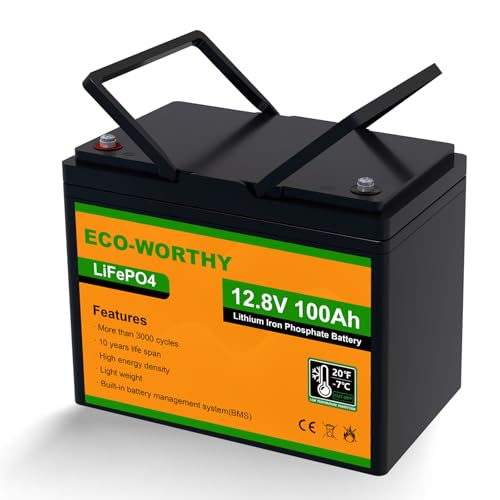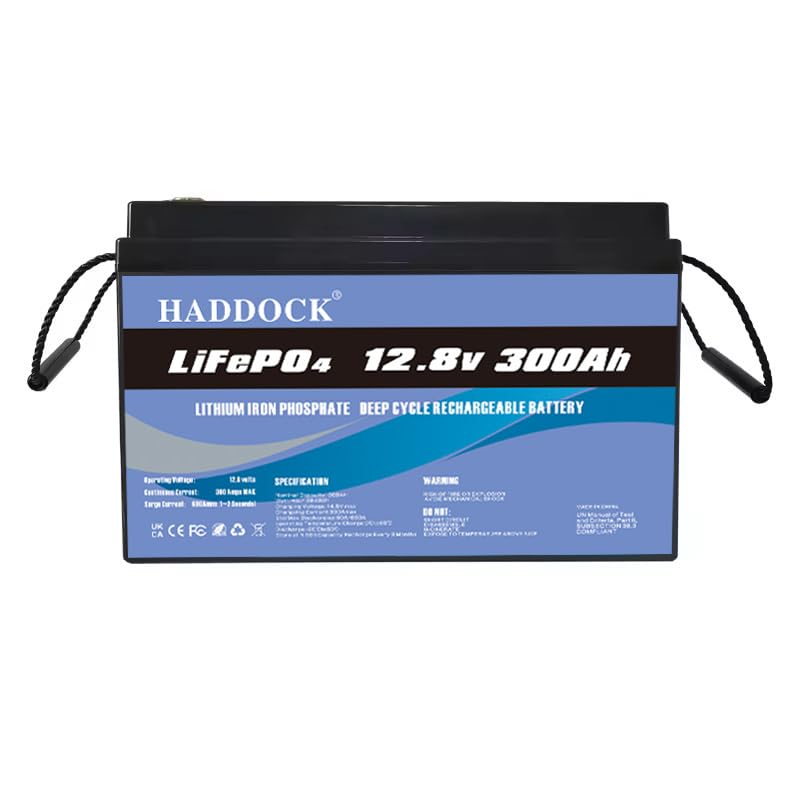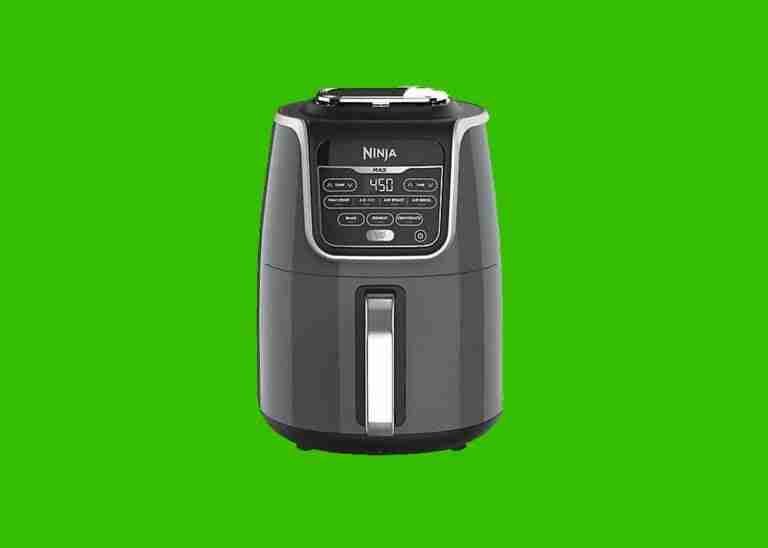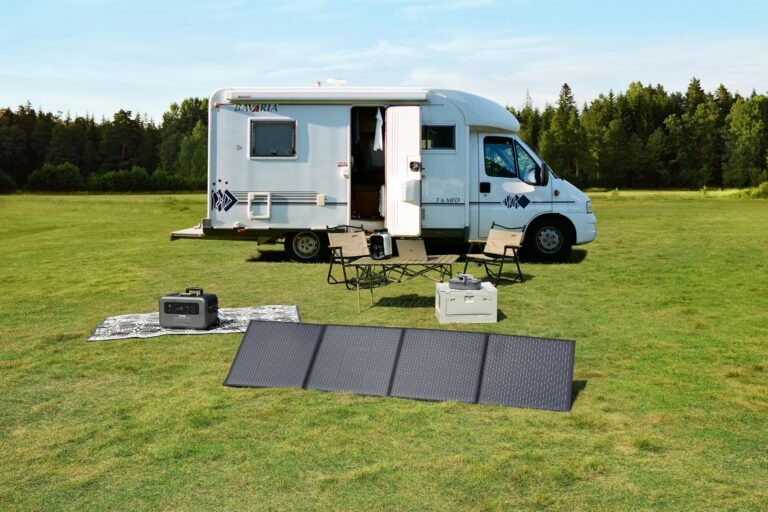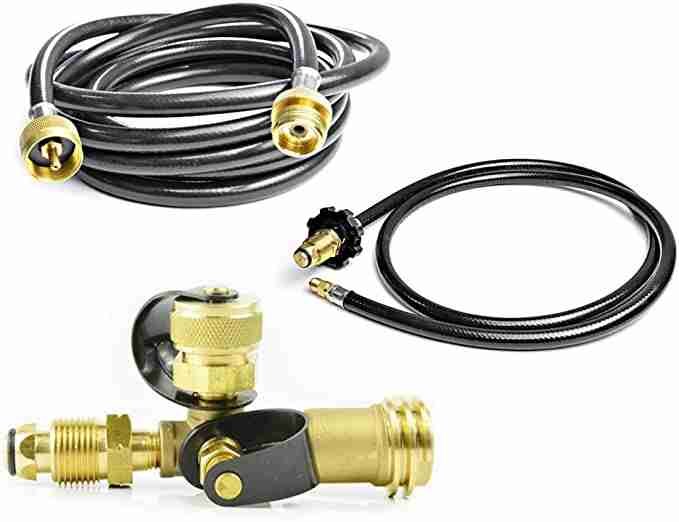Lithium Ion Leisure Batteries for Your Leisure Vehicle
An informative article exploring the advantages and features of lithium ion leisure batteries, including their efficiency, long life cycle and lightweight nature, as well as a comparison with traditional leisure batteries and tips for maintenance and charging.
Overview of Lithium Ion Leisure Battery
In the leisure vehicle and renewable energy sector, lithium ion leisure batteries are gaining popularity due to their efficiency, long life cycle and lightweight nature. These batteries are designed for storing energy generated by solar panels and are a high-performance and cost-effective energy storage solution. Compared to traditional leisure batteries, lithium ion leisure batteries offer several advantages and are more cost-effective in the long run.
There are various suppliers offering long lasting lithium ion batteries in the UK market, like Fogstar, Renogy and Eco Tree, each with unique product offerings and warranties.
A lithium ion leisure battery is a highly advanced and economically efficient energy storage solution, specifically designed to cater to various leisure applications. These cutting-edge batteries operate by efficiently storing the energy produced by solar panels and this stored energy is then utilised to power different types of leisure vehicles, recreational vehicles (RVs) and boats.
Rechargeable Lithium ion batteries are not just simple energy storage devices; they come packed with innovative features that make them stand out from traditional leisure batteries. These features include a high discharge Battery Management System (BMS), Bluetooth connectivity and an in-built heating system.
The high discharge BMS plays a crucial role in protecting the battery from being used or charged under incorrect or potentially damaging conditions. Bluetooth connectivity allows users to monitor battery performance and health remotely, providing an added layer of convenience. Lastly, the integrated heating system ensures that the battery performs optimally even under colder temperature conditions, which is a common challenge faced during outdoor leisure activities.
- 【Upgraded BMS】The latest LiFePO4 battery adopts a high-level series of BMS panels, and the series-parallel connection ha…
- 【Battery Technology Leaps】Lifepo4 battery has the advantages of super long service life, high energy density, no fire an…
- 【Wide Application】LiFePO4 battery with 1200Wh power storage is widely used in most areas: RV and camper, caravan, electr…
- 【Lightweight】LiTime 12V 50Ah lithium battery weighs 11.57 lbs. Meanwhile, LiTime batteries support parallel and series c…
- 【100% Efficiency】LiTime LiFePO4 battery’s flat discharge curve holds above 12.8V for up to 100% of its capacity usage. I…
- 【4000+ Cycles】LiTime 12V 50Ah Plus LiFePO4 battery is made of automotive grade LiFePO4 cells with high energy density an…
- Low-Temperature Charging Protection:The ECO-WORTHY 12V 100Ah lifepo4 battery has a built-in enhanced BMS with Low Temper…
- Easy to Move: ECO-WORTHY 12.8V 100Ah LiFePO4 battery weighs only 23.15 pounds, only 1/3 the weight of lead-acid batterie…
- 10-Years Lifespan:ECO-WORTHY 100AH lithium iron phosphate battery provides 4000-15000 times deep cycles, which is eight …
- [Excellent Performance] The advantages of LiFePO4 batteries are fast charging (0%-80% power only takes 50 minutes), stro…
- 【100% Protection】The built-in BMS protects the battery from damage, such as: overcharge, overdischarge, overcurrent, sho…
- 【Capacity Expansion】12.8V lithium batteries can not only be used in parallel, but also in series. A maximum of 4 series …
Advantages of Lithium-Ion Batteries
Lithium-ion leisure batteries have quickly become the preferred choice for many due to their multitude of advantages. One of the primary benefits is their efficiency. As compared to traditional batteries, lithium-ion variants are characterised by their remarkable energy density. This means that they can store more energy while maintaining a compact size, which is a valuable attribute, especially in leisure vehicles where space is at a premium.
In addition to efficiency, lithium-ion leisure batteries boast a longer life cycle. This means that they can be charged and discharged many more times than conventional batteries before their performance begins to degrade. This longevity translates into cost-effectiveness in the long run, as the need for frequent replacements is significantly reduced.
Another notable advantage of lithium-ion leisure batteries is their lightweight nature. This makes them easier to install and handle, which can be a significant benefit in mobile applications like RVs and boats. Moreover, the reduced weight can also contribute to improved fuel efficiency in such vehicles.
From a safety perspective, lithium-ion leisure batteries are equipped with advanced features like the Battery Management System (BMS). The BMS is an intelligent system that monitors and manages the battery’s operations, protecting it from potential damage due to incorrect charging or discharging conditions. This feature not only enhances the battery’s safety but also helps in maintaining its optimal performance.
Lastly, lithium-ion leisure batteries hold a significant edge over traditional alternatives in terms of environmental sustainability. These batteries are 100% recyclable, thereby minimising their environmental impact at the end of their life cycle. This attribute aligns with the growing global emphasis on renewable energy and sustainability, making lithium-ion leisure batteries an eco-friendly choice.
Lithium Ion Battery vs Traditional Leisure Battery
When it comes to energy storage, the lithium ion leisure battery stands head and shoulders above the traditional leisure battery. The superior performance of lithium ion leisure batteries is evident in multiple aspects. First and foremost, they offer an exceptional lifespan. With an operating lifetime exceeding 2,000 cycles, they provide a long-term solution for energy needs, even in the challenging British climate.
Moreover, these batteries have shown remarkable efficiency in storing energy generated by solar panels, making them an ideal choice for renewable energy systems. Their versatility is demonstrated by their suitability for a variety of applications, from motorhomes and homes to outbuildings, boats and caravans. In terms of cost-effectiveness, the initial investment in a lithium ion leisure battery is offset by its superior longevity and performance, making it a financially sound choice in the long run.
Therefore, whether it’s the longevity, performance, or cost-effectiveness, lithium ion leisure batteries have proven to be a more advantageous choice over traditional leisure batteries in numerous ways.
Tips for Maintaining and Charging a Lithium Ion Leisure Battery
Proper maintenance and charging of a lithium ion leisure battery is paramount for its optimal performance and enhanced lifespan. One of the key aspects of maintaining these batteries includes understanding their specific charging requirements.
Lithium ion leisure batteries, unlike traditional batteries, can be fully utilised due to their ability to withstand deep discharging. However, the battery management system (BMS) plays a crucial role in safeguarding the battery from incorrect charging conditions. The BMS system ensures that the battery is not charged under conditions that could be detrimental to its health and performance.
Seasonal storage practices for lithium ion batteries in leisure vehicles like campers or caravans also form an essential part of the maintenance routine. It is advisable to fully charge the battery and then disconnect it from the system to prevent any unnecessary power drain. In terms of safety, lithium ion batteries can be securely mounted in any position, offering flexibility for installation in various leisure vehicles.
However, it is worth noting that they are not suitable for outdoor placement as they are not weatherproof. Therefore, a secure and sheltered mounting position is essential to protect the battery from exposure to extreme weather conditions. Despite these considerations, the overall maintenance and handling of lithium ion batteries are straightforward, making them an efficient and practical choice for leisure use.
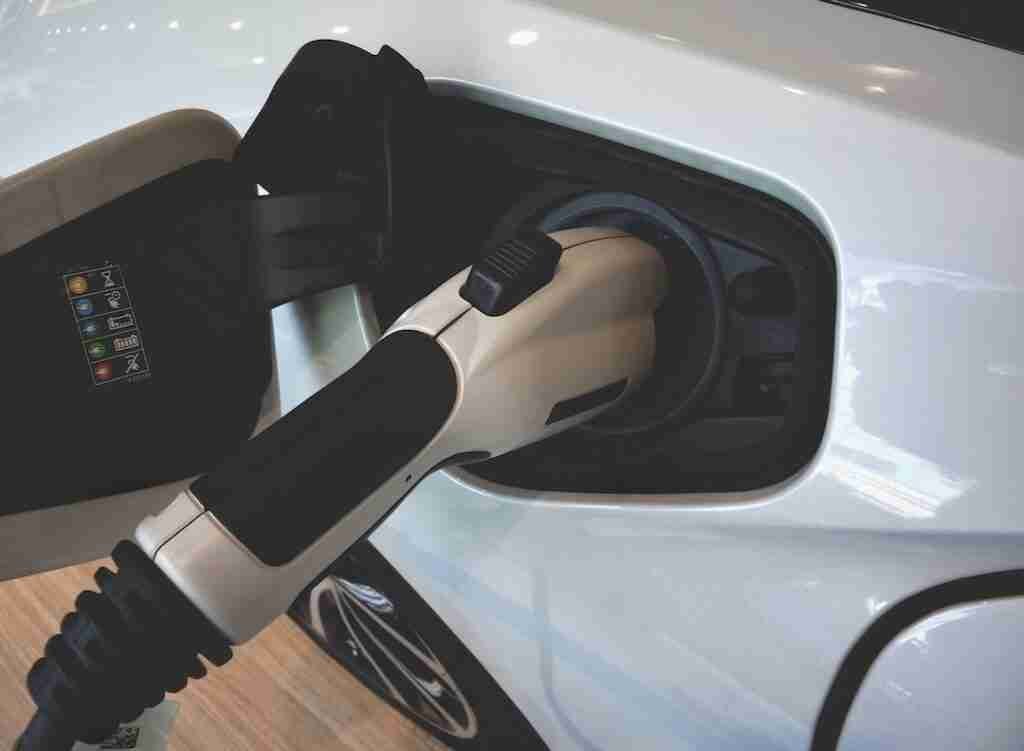
Choosing the Right Lithium Ion Leisure Battery
Selecting an appropriate lithium ion leisure battery for your leisure use requires careful consideration of several key factors. These include your energy requirements, which are directly linked to the battery’s capacity and voltage, the battery’s cycle life and its physical size. The capacity of a lithium ion leisure battery, expressed in ampere-hours (Ah), signifies the amount of energy it can store, while the voltage indicates the difference in electric potential within the battery.
Therefore, it’s essential to evaluate your energy needs and choose a battery with a capacity and voltage that matches your requirements. The cycle life of the battery, which refers to the number of complete charge-discharge cycles the battery can handle before its capacity falls below 80%, is also a crucial determinant of the battery’s longevity. Furthermore, the physical size of the battery is an important factor to consider, especially when space is at a premium in leisure vehicles, RVs and boats.
The UK market boasts several reputable suppliers of lithium ion leisure batteries, such as Fogstar, Renogy and Eco Tree. These suppliers offer a wide array of batteries, each with unique capacities, voltages and sizes, catering to varying user needs. For instance, Fogstar’s Drift Lithium Leisure Battery collection ranges from 105Ah to 560Ah, available in both 12v and 24v options.
Similarly, Renogy and Eco Tree also offer a diverse range of lithium batteries in different sizes and capacities. Apart from the technical specifications, these suppliers also provide a host of customer-centric services like next-day delivery and exceptional customer service, ensuring a seamless purchase experience. Additionally, they offer competitive pricing, making lithium ion leisure batteries a cost-effective option in the long run. Some even provide money-back guarantees, offering customers an added layer of assurance and trust in their purchase.


